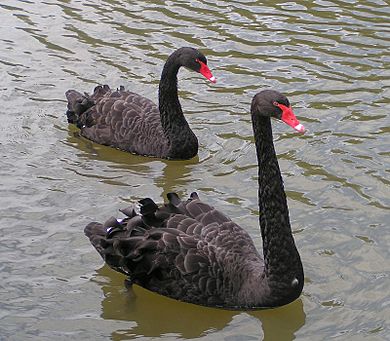Falsifiability facts for kids

Falsifiability means that you can prove something is not true. It's about testing an idea to see if it can be shown to be wrong.
Scientists often make educated guesses called hypotheses or bigger ideas called theories. They hope their ideas are correct. But a key part of the scientific method is trying to prove these ideas wrong. If an idea can be tested and shown to be false, it is considered falsifiable.
Contents
Why Falsifiability Matters
Falsifiability is very important in science. It helps us tell the difference between scientific ideas and other kinds of beliefs. If an idea can be tested and potentially proven wrong, it's often seen as scientific. If an idea cannot be tested or proven wrong, it might not be considered science.
Testing Ideas with Experiments
Imagine you have an idea about how something works. For it to be a scientific idea, you should be able to design an experiment or make an observation that could show your idea is incorrect. If your idea passes many tests, it becomes stronger. But if it fails even one important test, it might need to be changed or even thrown out.
A Famous Example: Einstein's Theory
A great example of falsifiability happened in 1919. A scientist named Arthur Eddington led a trip to Principe Island in Africa. His goal was to watch a solar eclipse. During the eclipse, he recorded the positions of stars that appeared close to the Sun.
Light Bending Around the Sun
Albert Einstein had published his general theory of relativity in 1915. This theory predicted that the Sun's gravity would bend light from distant stars. So, the stars would look like they were in a slightly different place than usual. Eddington's observations showed exactly this! The light passing the Sun was indeed pulled towards it.
This observation was strong proof for Einstein's theory. If the stars had appeared in their normal positions, it would have shown Einstein's theory was wrong. This is how falsifiability works: the experiment had the chance to prove the theory false, but instead, it supported it.
Karl Popper's View on Science
A philosopher named Karl Popper believed strongly in falsifiability. He thought that only theories that can be proven wrong are truly scientific. For Popper, falsifiability was the clear line between science and non-science. Many scientists today agree with his view. They believe that for an idea to be scientific, it must be possible to test it and show it's false.
Related pages
Images for kids
See also
 In Spanish: Falsabilidad para niños
In Spanish: Falsabilidad para niños
 | George Robert Carruthers |
 | Patricia Bath |
 | Jan Ernst Matzeliger |
 | Alexander Miles |



